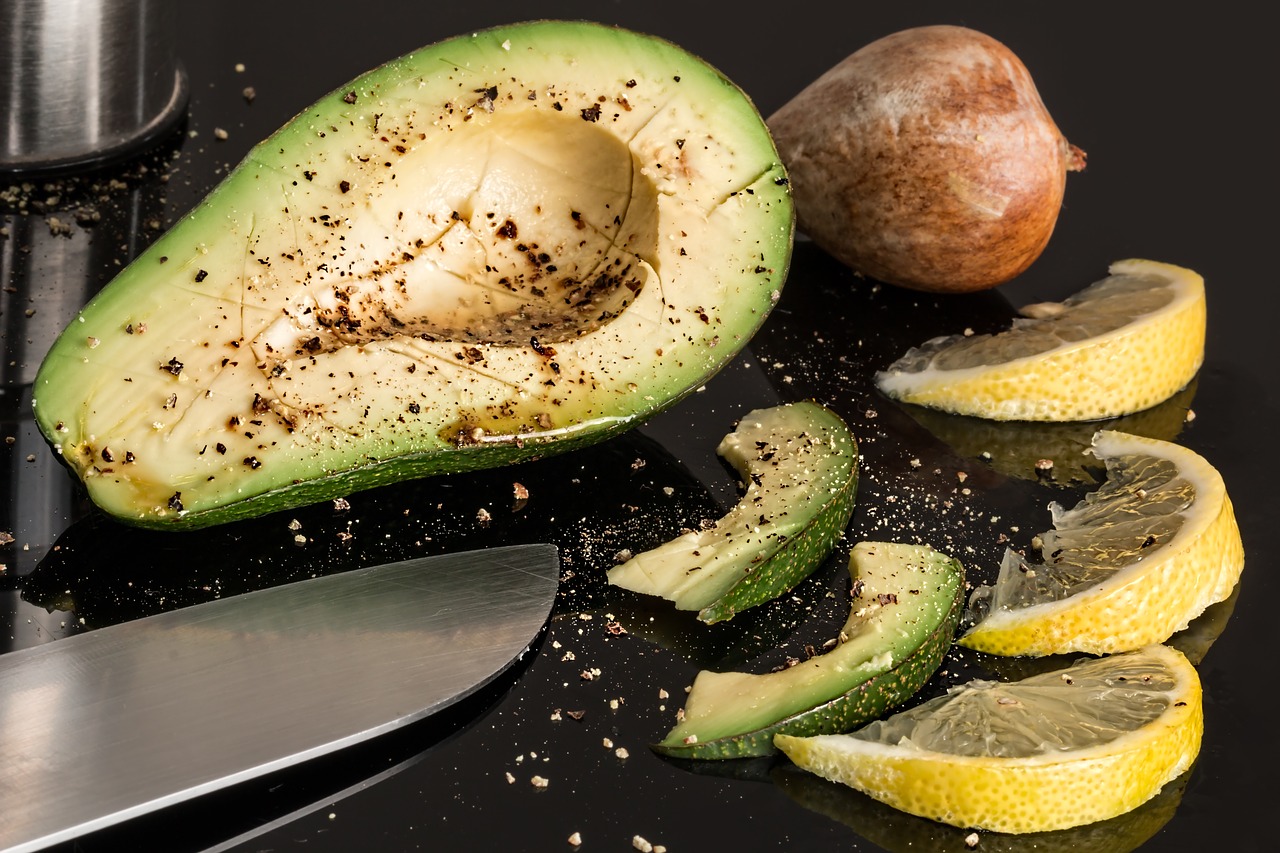As society evolves into a healthier community, organic food consumption is higher than ever. However, it’s essential to look for more than just the non-GMO signs on your next trip to the grocery store. Here are 4 popular organic foods that are not as healthy as consumers think.
1. Annie’s Mac & Cheese
Annie’s Homegrown is a maker of organic meals and snacks; more specifically, the company is most famous for its USDA-approved macaroni and cheese.
Consumers believe that the cheesy pasta meal is healthy to eat. The product’s packaging emphasizes with bold letters its non-artificial flavors and lack of preservatives. The company goes even further to assure consumers that the organic meal is without antibiotics, synthetic hormones or persistent pesticides.
The organic labels distract you from the real nutritional facts. Annie’s Mac & Cheese is nearly 300 calories per cup. One cup of the original and white cheddar flavor is almost 600 mg of sodium, with its real-aged cheddar flavor being 520 mg. The products also contain 5 grams of sugar per serving, which weighs more than a teaspoon.
So yes, the delicious meal that buyers can’t get enough of is, in fact, organic. However, the chances of future health problems (weight gain, high blood pressure, diabetes, osteoporosis, etc.) are just about the same as for a non-organic consumer. Don’t allow Annie’s “Made with Goodness!” rhetoric distract you from knowing the other relevant ingredients.
2. Alden’s Organic Ice Cream, Vanilla and Chocolate Swirl
For people who purchase organic foods but cannot get rid of their sweet tooth, desserts like Alden’s organic ice cream is definitely on your grocery list.
What makes the dessert sweeter than the regular ice cream is the use of cane sugar. Raw cane sugar is in most organic sweets. The ingredient is less processed and retains molasses, which creates a sweet taste with less fat. Products like Alden’s seem like a healthier alternative, but still, it shouldn’t be suggested to throw away regular ice cream completely.
For instance, the famous Blue Bunny’s homemade vanilla and chocolate swirl has 130 calories per half cup. Less than one cup of Alden’s organic goodness is 200 calories. Blue Bunny’s non-organic ice cream is also less in total fat, cholesterol, sodium and total carbohydrates.
Before adding the organic desserts to your cart, be sure to compare it to the nutritional facts of regular foods. Also, organic food is more expensive than the regular version. After careful consideration, not only will you have the chance to cut down on your calorie intake but save a few bucks as well.
3. Avocados
With increased health awareness and a never-ending love for guacamole, consumers have opted for the best organic avocados that money can buy. The demand for the fruit has steadily risen in North America and Europe.
Even with the numerous health benefits of the “alligator pear,” buyers continue to choose an organic product over the standard. It might seem like a healthier life choice but in this case, switching to organic foods is not necessary.
No matter which version you choose to purchase, avocados will always be a great source of vitamin C, E, K and B. Regular avocados also decrease the risk of common heart problems such as osteoporosis — an upgrade from the first organic product in this guide.
Another reason for choosing the arguably healthier choice is for its lack of pesticides. However, the choice to buy the organic version will be another dollar wasted considering that outside chemicals and bugs are not such a big problem with the fruit.
The thick and somewhat hard exterior of the creamy fruit prevents infection from pesticides and other chemicals that farmers use on their plants. So you’re good! There is no reason for spending an extra $3 on organic food when you can spend less for the same product with equal benefits.
Remember this money-saving tip for your next trip to your favorite grocery store.
Now, as long as we are on the topic of the do’s and dont’s of the produce aisle, we might as well discuss another fruit that is not worth spending extra cash on.
4. Oranges
The round and juicy snack also has a thick protective layer that blocks outside chemicals. More importantly, even with the preservatives, oranges carry loads of vitamin C and antioxidants.
Another great thing about fruit consumption is that calories are not a big issue. Whether organic or regular, fruit always serves a healthy purpose. Moreover, when contemplating between the organic or standard choice, there is not a significant difference in the calorie or fat percentage of fruit.
The intention of this list is not to put a dent in the $39.1 billion dollar industry, but like the health-conscious companies express so proudly, it is important to know exactly what you are putting into your body.
Eating healthy is just as important as health literacy. Organic foods are healthy according to USDA standards. This doesn’t mean that every item labeled as non-GMO is healthier than the regular version.
Additionally, organic food does not balance out other unhealthy habits such as drinking, drug use and lack of exercise. Not to mention, the numerous mental illnesses amongst young generations.
In many cases, eating organic food is healthier, but there is no need to spend more money on food when you’re not maintaining health in other aspects of your life.
It is important to remember that the top priority of food and farming companies is profit, not consumer health. Of course, top-dollar businesses such as Annie’s Homegrown will promote the organic features of their products without mentioning that the food has a high sodium and calorie intake.
Scientifically, organic food is healthier, but if you’re the type to purchase an organic container of strawberries before guzzling down a bottle of wine every night, then what’s the point?
Unless you’re going choose health as an overall lifestyle rather than a simple meal decision, spending money on organic foods is a waste of time that might as well be spent in a drive-thru line.
















